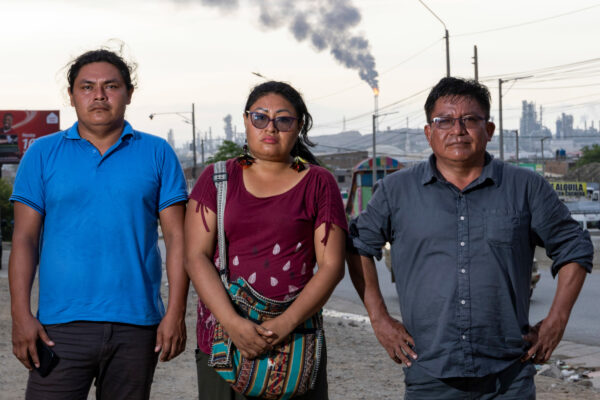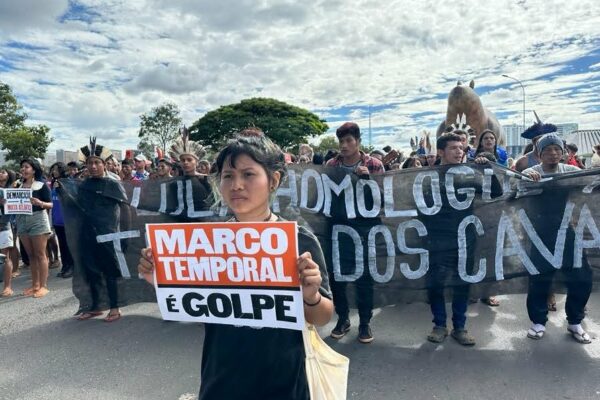Despite vehement opposition against the construction of the Belo Monte hydroelectric dam on the Xingu River from indigenous communities and local social movements; despite numerous warnings from scientists about the severe environmental impacts the dam will bring to the region; despite specialists from the Brazilian Environmental and Renewable Natural Resources Institute (IBAMA) personally denouncing the dam; despite the Federal Prosecutor’s Office and the State questioning the legitimacy of the environmental licensing process; despite uncertainty in relation to the dam’s viability in regard to the extreme oscillation between periods of high and low water levels; despite the blatant disregard for brazilian legislation and ILO Convention 169; and despite threats from corporations wanting to back out of the project after confirming the cost of the dam will in fact be R$14 billion more than previously stated by the government, Luciano Coutinho, president of BNDES announced on the 18th of February that the bank is ready to finance the winning bidder of the auction for Belo Monte’s construction.
“BNDES is ready to match the financial demands of the the project at the scale demanded by the auction’s winner,” he said. Coutinho further expressed hopes that the bank’s offer would spur worthy competition to increase the validity of the auction.
With this statement, Coutinho makes it more explicit than ever that the bank does not take the demands and necessities of the brazilian population and organizations of civil society into consideration, much less the people that will be directly affected by the projects financed by the bank (using taxpayers’ money it is important to remember!).
Opposition to the dam’s construction is only growing. Even before the pre-licensing agreement was confirmed, national and international social movements, organizations and networks expressed resounding rejection to this mega project. Indigenous communities warned president Lula that the Xingu river would become a river of blood should the construction of the dam proceed. Masses of letters, articles, protests and campaigns have exposed how this project is not feasible on all levels; socially, environmentally and economically. The mobilization in defense of the Xingu river and its peoples has been active for over thirty years. In fact, the logic behind the construction of pharaonic projects favoring mega corporations at the cost of environmental destruction and the decimation of populations is characteristic precisely of military dictatorships.
Resistance to Belo Monte certainly does not come without reason. The project will flood 51.600 hectares of forest, create two 500 meter-wide canals both 30 kilometers long – replacing huge quantities of soil with concrete, dry out 100 kilometers of river bed submerging the Volta Grande (Big Bend) of the Xingu, dislocate approximately 20,000 people and bring some 100,000 people to the region causing innumerable and irreversible socio-environmental impacts.
From this position BNDES, which has yet to establish an environmental policy in relation to the dam, functions as a principal instrument enforcing the continuity of an economic model where multinational profits are the absolute priority. A model in which the profits are private (for a privileged few) while the costs are shared. It is obvious that under this logic the most vulnerable populations are those most affected.
If we consider the financial track record for the Santo Antônio and Jirau dams on the Madeira river as well as the Angra 3 nuclear power plant, it is easy to see how BNDES can be considered the largest vector of the Brazilian economic model for development. A model which is prohibitively expensive, environmentally destructive and socially unjust. In the words of Dom Erwin Kräutler, “Lula runs the risk of going down in history as the great predator of the Amazon and as the gravedigger of the indigenous peoples living along the Xingu river”.
Click here for original article in Portuguese
Translated by Katherine Needles













